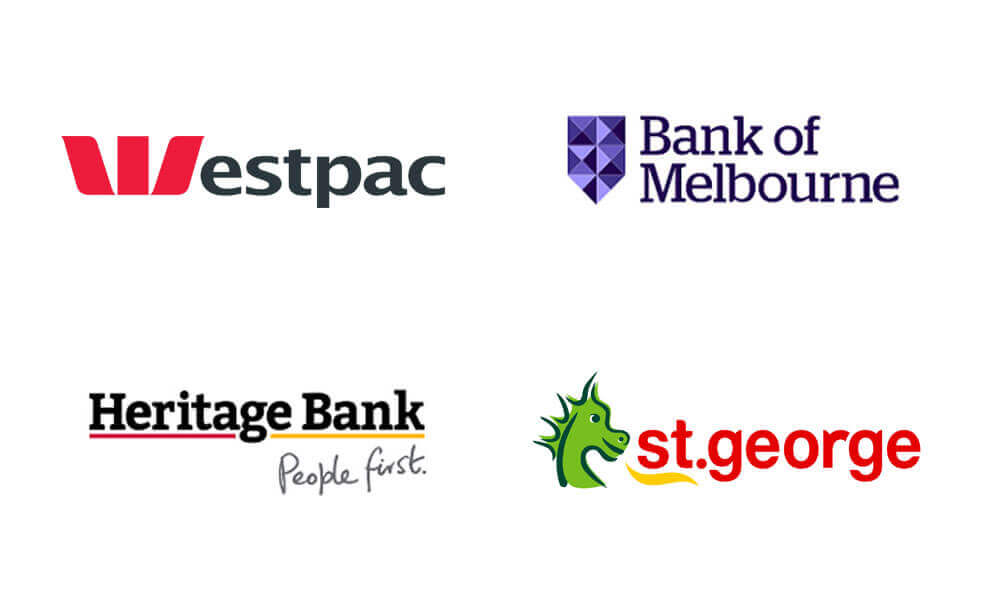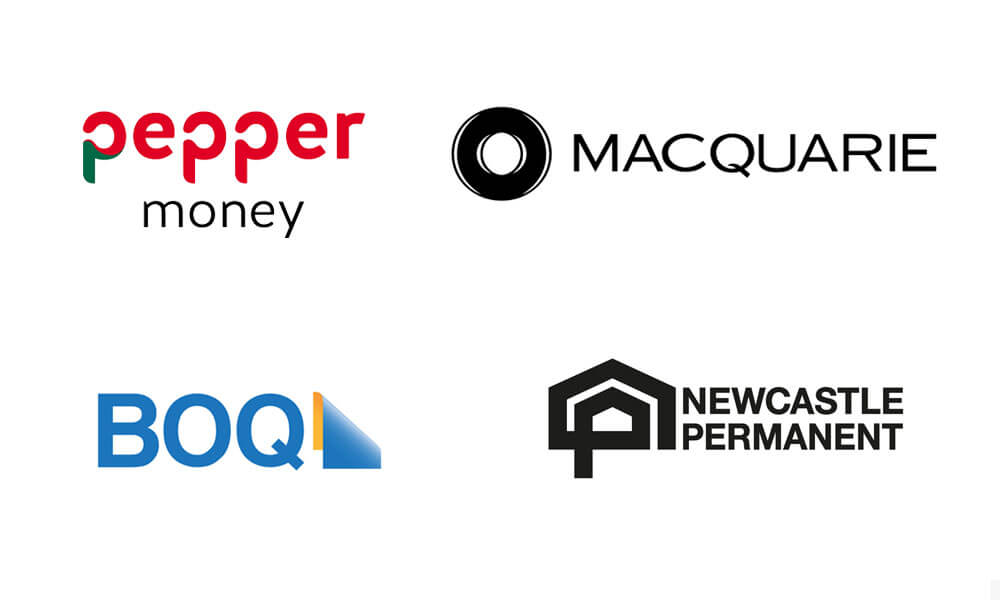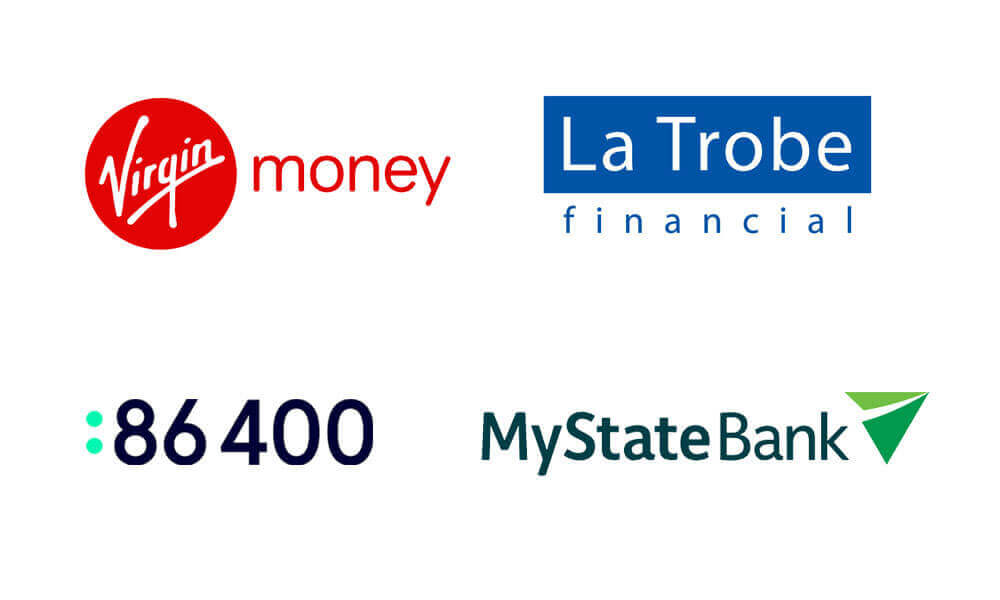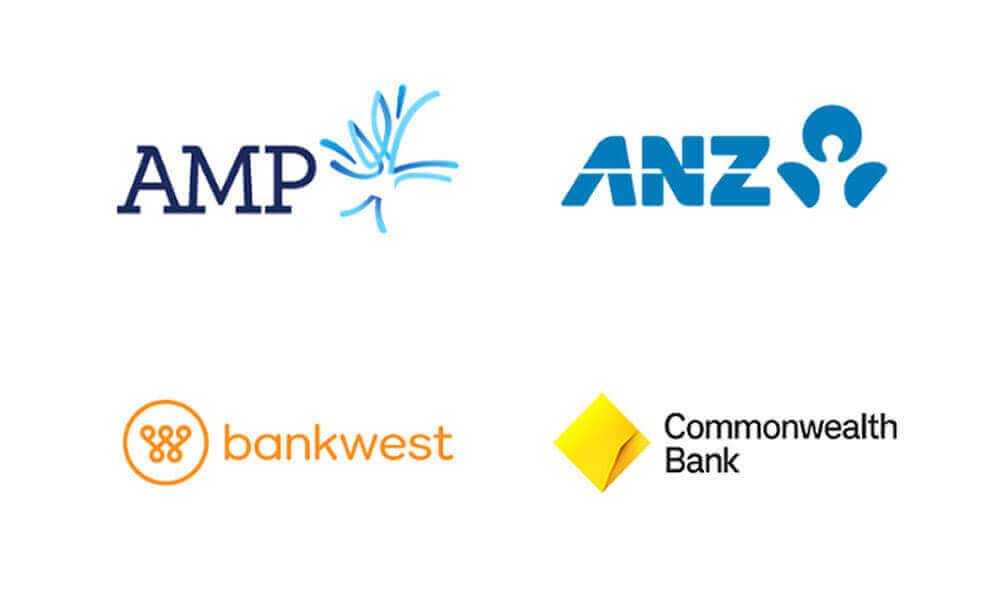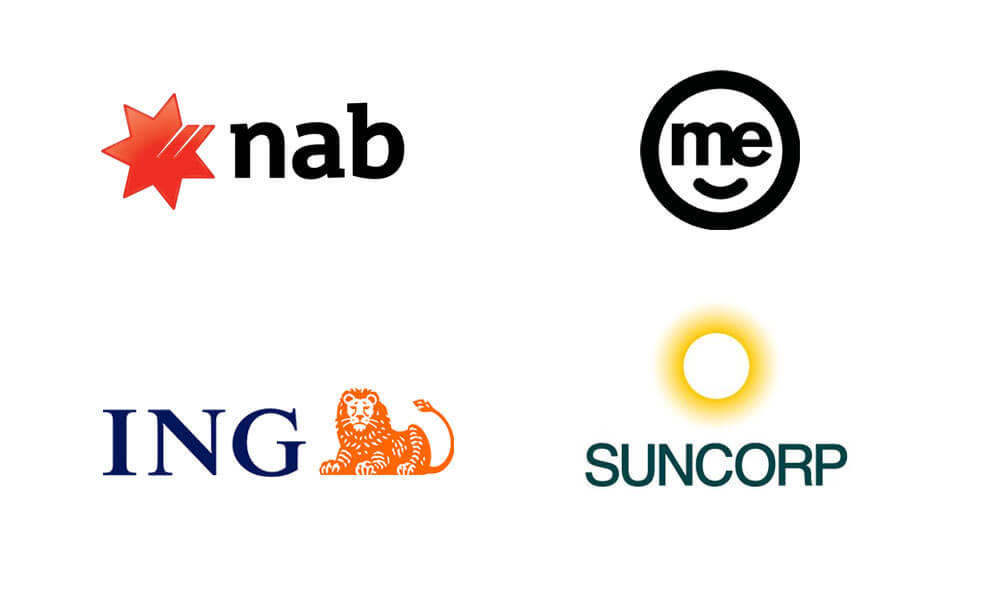
The tiny house movement
With housing prices on the rise, more individuals are contemplating the idea of purchasing a…

What does this year’s greater indexation rate mean for your HECS-HELP debt? And how does your HECS-HELP debt affect your ability to take out a loan?
Do you know how much you owe on your HECS-HELP debt?
While student HECS and HELP loans in Australia are interest-free, they are indexed every financial year based on a cost-of-living index.
The recent burst of high inflation means many of Australians with student loan debts are facing a 7.1% increase from 1 June, up from 3.9% the previous year.
Your HECS-HELP debt is an important piece of information that banks take into consideration when assessing your application for a home loan, so it’s important to understand yours.
If you’re a bit unclear about all the details, it’s worth reading on to see how indexation will impact you.


What is HECS-HELP?
The Higher Education Loan Program (HELP) is a federal government scheme that offers loans to students so they can afford their university and higher education courses.
Most university courses fall under the banner of a Commonwealth Supported Place (CPS). With these, the federal government covers some of the student’s university fees, while the student covers the rest – known as the ‘student contribution amount’.
Your HECS-HELP loan can be used to pay the ‘student contribution amount’. It can’t be used for things like accommodation or textbooks.
How do you find out how much your HECS-HELP debt is?
You can check the balance of your HELP debt, the indexation amounts and your voluntary and compulsory payments through myGov or by contacting the Australian Taxation Office (ATO) directly.
Do you pay interest on a HECS-HELP debt?
HECS-HELP debts are interest-free, however the amount of the debt is adjusted on 1 June each year in accordance with an annually determined inflation factor.
And because the cost of living and inflation has increased greatly, the recent annual indexation factor is higher.
The 2022-23 HECS-HELP debt indexation factor for 2022-23 is 7.1%. To put it in perspective, in 2022, it was 3.9%. In 2021, it was 0.6%. Big difference, right? Another way of looking at it is like this:
What does this have to do with getting a home loan?
When you apply for a home loan, lenders will look at your HECS-HELP debt when evaluating your loan application.
While this type of debt is different from credit card debts and personal loans, you still need to make repayments on your student loan, and this ultimately affects your income and borrowing capacity.
Paying off your HECS-HELP debt
Once you earn over a certain threshold, your employer will deduct a percentage of your earnings to go towards your HECS-HELP debt. The more you earn, the higher the repayment rate. You can find more about the HELP repayment rates and thresholds here.
These PAYGW (pay as you go withholding) amounts are only applied after you do your tax return. So, if you were to jump online and look at your HECS-HELP debt today, your PAYGW payments wouldn’t have been applied yet.
What about voluntary payments?
You can make voluntary payments towards your HECS-HELP debt through myGov. Once processed, voluntary payments are credited directly against the loan balance by the ATO.
It is recommended to talk to your accountant or financial advisor about whether making voluntary payments is right for you.
Bottom line
Whether or not you are thinking about buying a property, it’s vital to understand your HECS-HELP debt and how this year’s higher indexation could affect you.
If you’d like to find out more about how your HECS-HELP debt might be treated by lenders, get in touch with your 1st Street Sydney Mortgage Broker and we’ll explain.

With housing prices on the rise, more individuals are contemplating the idea of purchasing a…

With millions of Australian homeowners likely to be slugged with higher mortgage repayments due to…
Yes, that’s right. You pay zero, zip, nada.
1st Street’s premium service comes at no cost to you! 1st Street is paid by the lender when your loan settles, however, this will not affect your interest rate or loan fees! It is often more cost-effective for a mortgage broker to process a loan rather than the lenders processing it themselves in-house. In fact, we often find that we can save you money by negotiating on your behalf.
Use our online calculators to work out how much you can borrow, loan repayments, stamp duty and lots more.


